Britain & Ireland
What was it about industrialisation that led to the emergence of a woman’s movement in Victorian Britain? Why do we see so many people fighting for so many rights and liberties in this period and what are the origins of some of the issues we still campaign on today? This section includes our major series on Social and Political Change in the UK from 1800 to the present day. There are also articles and podcasts on the often violent relationship between England and Ireland during this period and England’s changing relationship with Scotland and Wales. Read more
Sort by:
Date (Newest first) | Title A-Z
Show:
All |
Articles |
Podcasts |
Multipage Articles
-
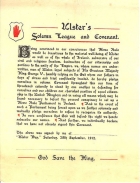
Irish Unionism 1885-1922
ArticleClick to view -
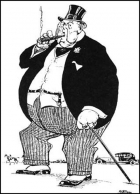
The British General Strike 1926
ArticleClick to view -

Pleasure Piers: a sign of Victorian exuberance
ArticleClick to view -
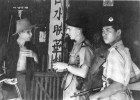
Imperialism resurgent: European attempts to 'recolonise' South East Asia after 1945
ArticleClick to view -
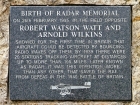
Arnold Wilkins: Pioneer of British Radar
ArticleClick to view -

The price of reform: the people's budget and the present trauma
ArticleClick to view -

President's Column 107
ArticleClick to view -

Remembering Neville Chamberlain
ArticleClick to view -

The Advent of Decimalisation in Britain: 1971
ArticleClick to view -

The President's Column 106
ArticleClick to view -
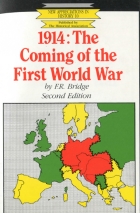
1914: The Coming of the First World War
ArticleClick to view -
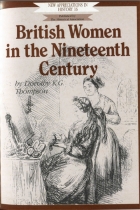
British Women in the Nineteenth Century
ArticleClick to view -
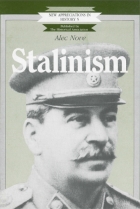
Stalinism
ArticleClick to view -
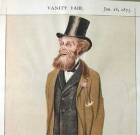
Charles Gilpin
ArticleClick to view -

Gladstone and the London May Day Demonstrators, 1890
ArticleClick to view -

Hammer, House of Horror: The making of a British film company, 1934 to 1979
ArticleClick to view -
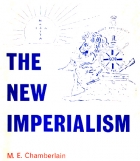
The New Imperialism
ArticleClick to view -
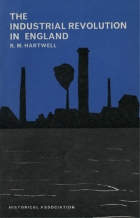
The Industrial Revolution in England
ArticleClick to view -
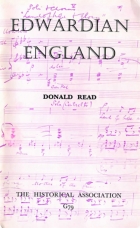
Edwardian England
ArticleClick to view -

Towards Reform in 1809
ArticleClick to view

